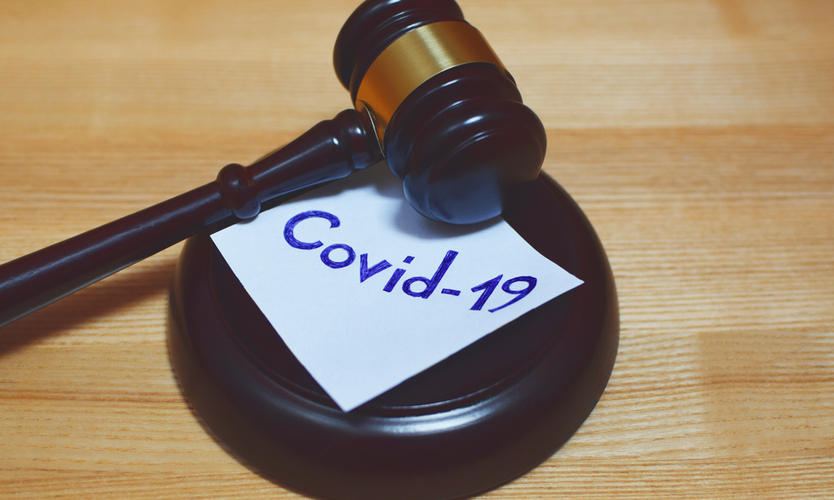Respiratory nurse fails to prove she contracted COVID at work
- May 18, 2025
- Posted by: Web workers
- Category: Workers Comp

A nurse working providing respiratory care to prepare patients for surgery failed to prove she contracted COVID-19 at work in November 2020, an appeals court in Kentucky ruled Friday, reversing an earlier determination that classified her illness as one that was “occupational.”
An administrative law judge dismissed the case, finding Gina Murphy did not carry her burden of proving the injury occurred while working at Norton Healthcare in Brownsboro, Kentucky, and thus her employer rightfully denied her workers compensation claim. The Workers’ Compensation Board reversed, stating the infection qualified as an occupational disease, “which carried a lesser burden of proof,” according to Norton Healthcare v. Gina Murphy.
The Court of Appeals of Kentucky reversed, finding that “while there was some evidence of potential exposure, Murphy did not present any clear evidence of actual exposure while working at Norton. In addition, there was also substantial evidence that Murphy likely was exposed to other potential sources of COVID-19 during the incubation period,” citing evidence that she was around others who may have been carrying the virus.
In siding with the first ruling, the court relayed that “the widespread nature of the virus in November 2020, its contagious nature, and the fact that someone who is asymptomatic with the virus could have given it to her or anyone else near them leads the ALJ to believe that Murphy has not proven that she contracted COVID-19 while working for Norton’s.”
The court wrote that it “has not escaped us that a different result would lead to anyone in the healthcare field receiving workers compensation any time they were injured by contracting COVID-19, the flu, the common cold, or other virus while employed. The awarding of benefits has never been that universal and would represent a gross change in the law.”



